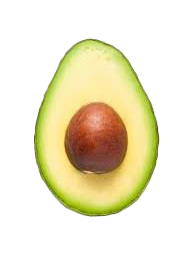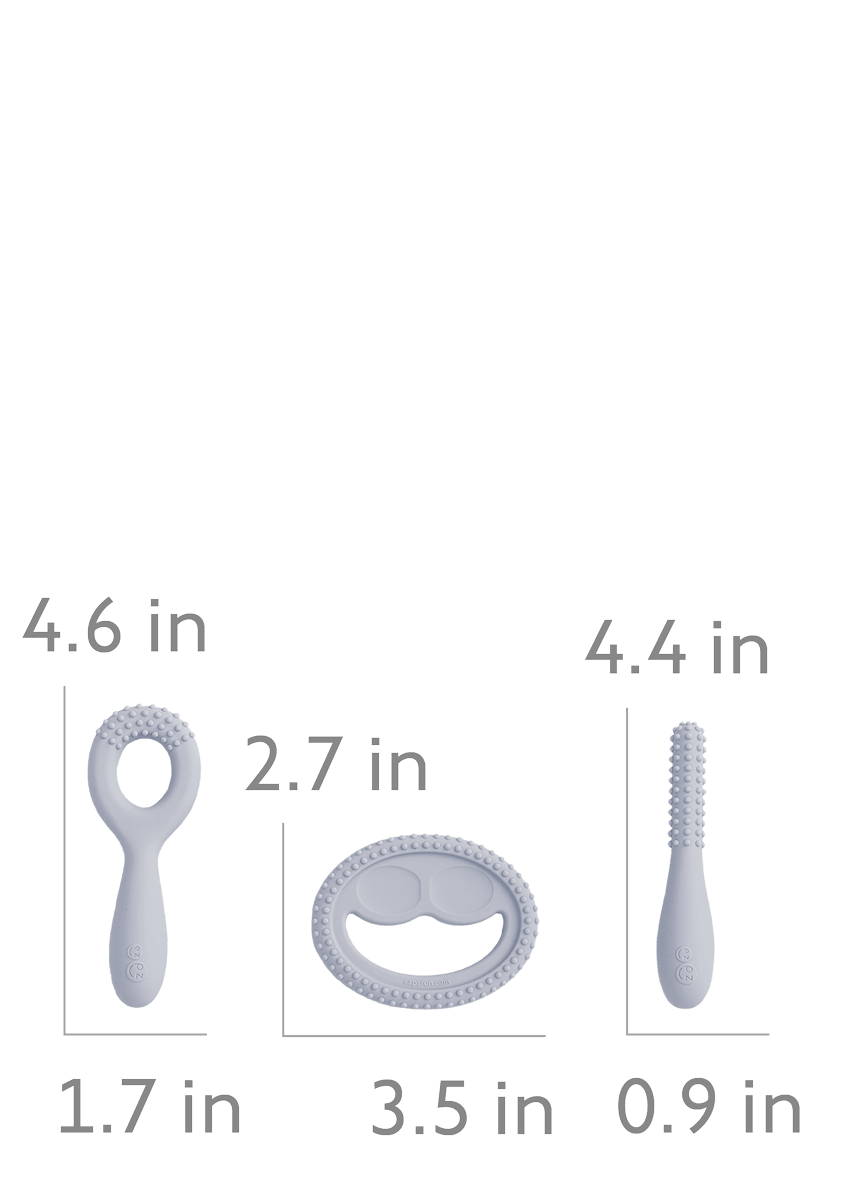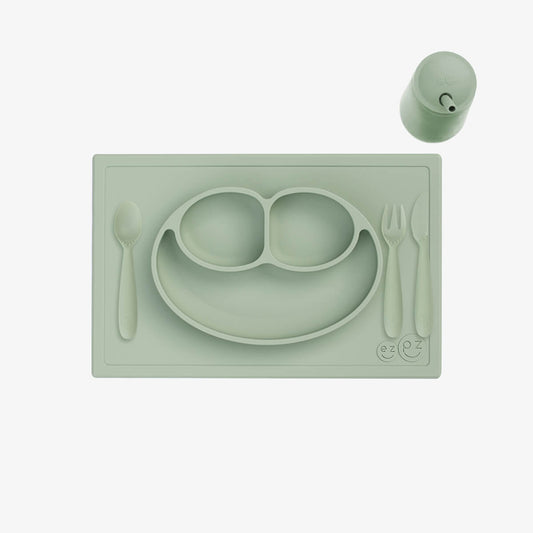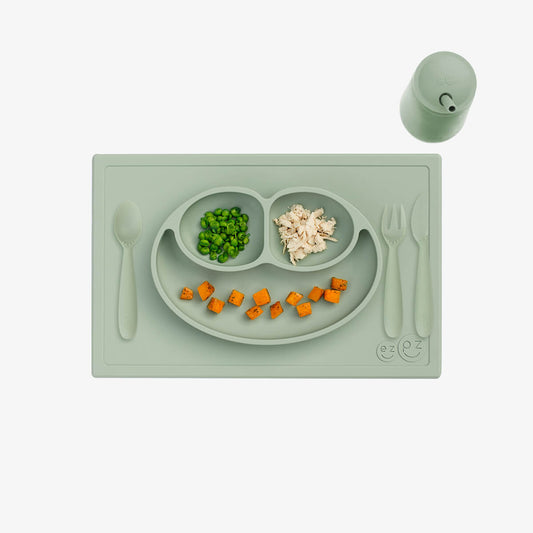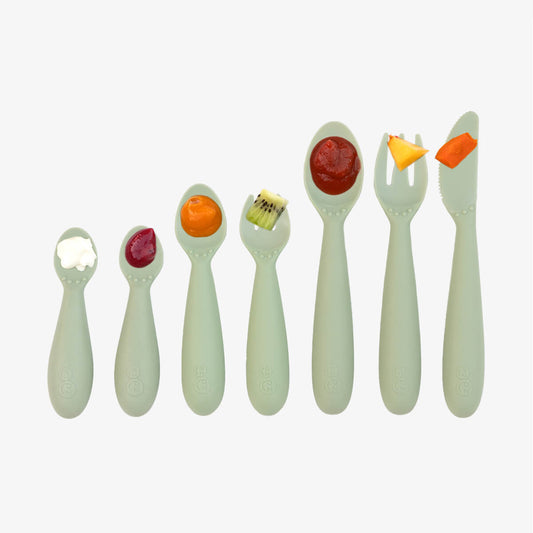Reflux in Infants and Children
By Dawn Winkelmann, M.S, CCC-SLP
Speech Language Pathologist & Feeding Specialist for ezpz

Gastroesophageal reflux disease (GERD) Awareness Week falls on the week of Thanksgiving, but don’t let that fool you; it’s not just a disease that affects adults on the turkey-eating holiday. Infants and children, unfortunately, get GERD too! Here is some helpful information, signs and symptoms to look out for if you suspect your child is suffering from GERD.
What is reflux? Reflux occurs when acid from the stomach is pushed back up the esophagus. It can be very painful, can cause tissue damage (in the throat and mouth) from the backflow of the acid and contributes to picky eating.
What is GERD? Gastroesophageal reflux disease (GERD) is when acid reflux becomes so chronic (occurring more than twice a week) that it is severe enough to be diagnosed as a disease. It can also be diagnosed when reflux damages the throat to a point that swelling, pain, difficulties swallowing and food refusal are common.
Infant Reflux: Infants commonly spit up, but when there is frequent or forceful spitting up or burping, vomiting, discomfort when spitting up, gagging, choking, hiccupping, refusal to eat or irritability after eating you have cause for concern. Here are some tips on how to help your baby:
- Write down all the signs of reflux your baby is demonstrating and talk to your pediatrician
- Consider slowing down feedings
- Feed your baby in an upright position
- Try smaller and more frequent feedings
- Consider additional Kangaroo Care or holding your infant upright after meals
Child Reflux: Children can experience painful reflux and, if they can verbalize, they may tell you that their tummy or throat hurts. The common symptoms of reflux I have seen in children are gas, bloating, burping, trouble sleeping, vomiting, discomfort during or after eating, gagging or choking, coughing, hiccupping, throat clearing, wheezing, bad breath, refusal to eat, crying before, during or after eating, complaining of a sour taste in their mouth and stating that food tastes ‘weird.’ Here are some tips on how to help your child:
- Write down all the signs of reflux your child is demonstrating and talk to your pediatrician
- Serve smaller meals more often
- Skip the juice and offer more water
- Keep your child upright for 2 hours after a meal
- Decrease spicy foods, carbonation and caffeine (yes, I have several young feeding therapy clients that drink coffee, energy drinks and caffeinated tea)
Be Proactive: If you believe your infant or child may be suffering from reflux, talk to your pediatrician to review all the signs you have observed and obtain a diagnosis. Have your pediatrician explain in detail your treatment or medication options. Be proactive by scheduling a repeat visit in a few weeks to discuss progress and any medication changes. Consider asking your pediatrician for a referral to a speech language pathologist who specialize in the treatment of feeding and swallowing disorders (dysphagia). They can assist with helping your child learn to enjoy eating again.
Was your infant diagnosed with reflux? Did he/she grow out of it? Please share your feeding story and the journey you took to overcome GERD in the comment section below. #ezpzfun #reflux #GERD
Shop Best Sellers

Happy Feeding!
Dawn Winkelmann (M.S, CCC-SLP) is ezpz’s Pediatric Speech-Language Pathologist and Feeding Specialist. She has 28 years of experience teaching parents and medical professionals how to start babies on solids safely and encourage toddlers to overcome picky eating tendencies. In addition, “Ms. Dawn” is the designer of our award-winning feeding products.


